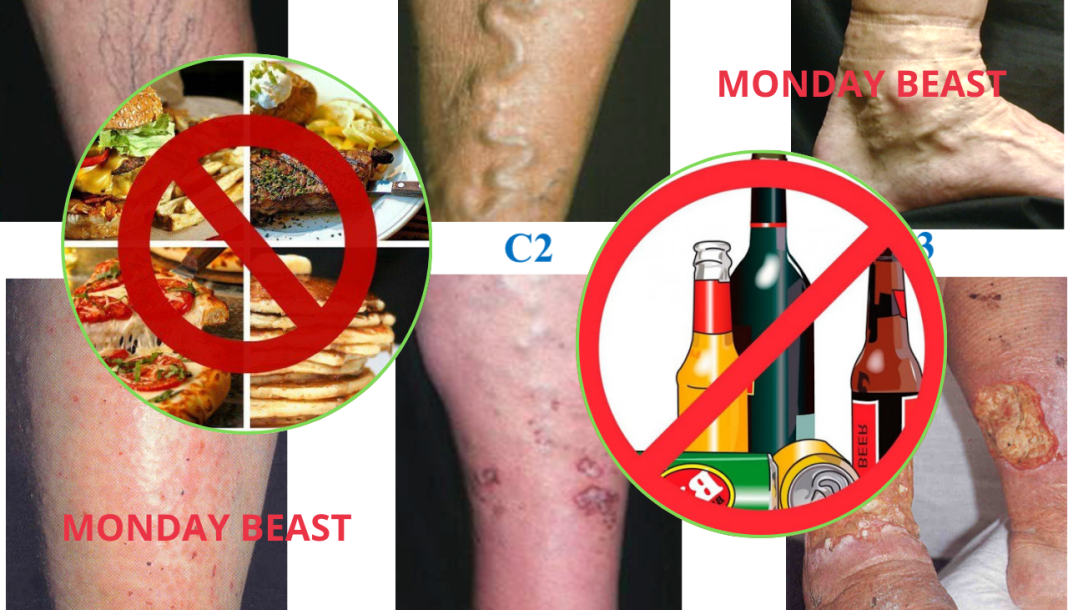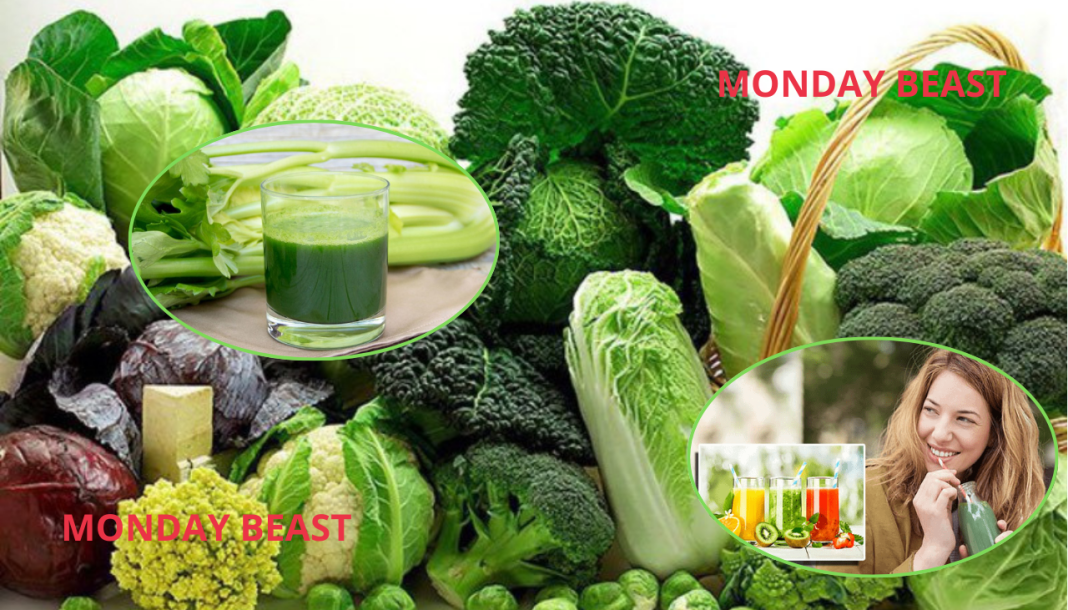High-Sodium Foods – Cause Water Retention and Swelling
Excess sodium leads to fluid retention, increasing pressure on veins. This situation can worsen varicose veins, causing discomfort and unsightly swelling. Many fast-food favorites, like fried chicken and fries, are salt-laden.
Canned foods are often packed with sodium. Their convenience does little to help your veins. Pickled and fermented foods, though flavorful, can also spike sodium intake.
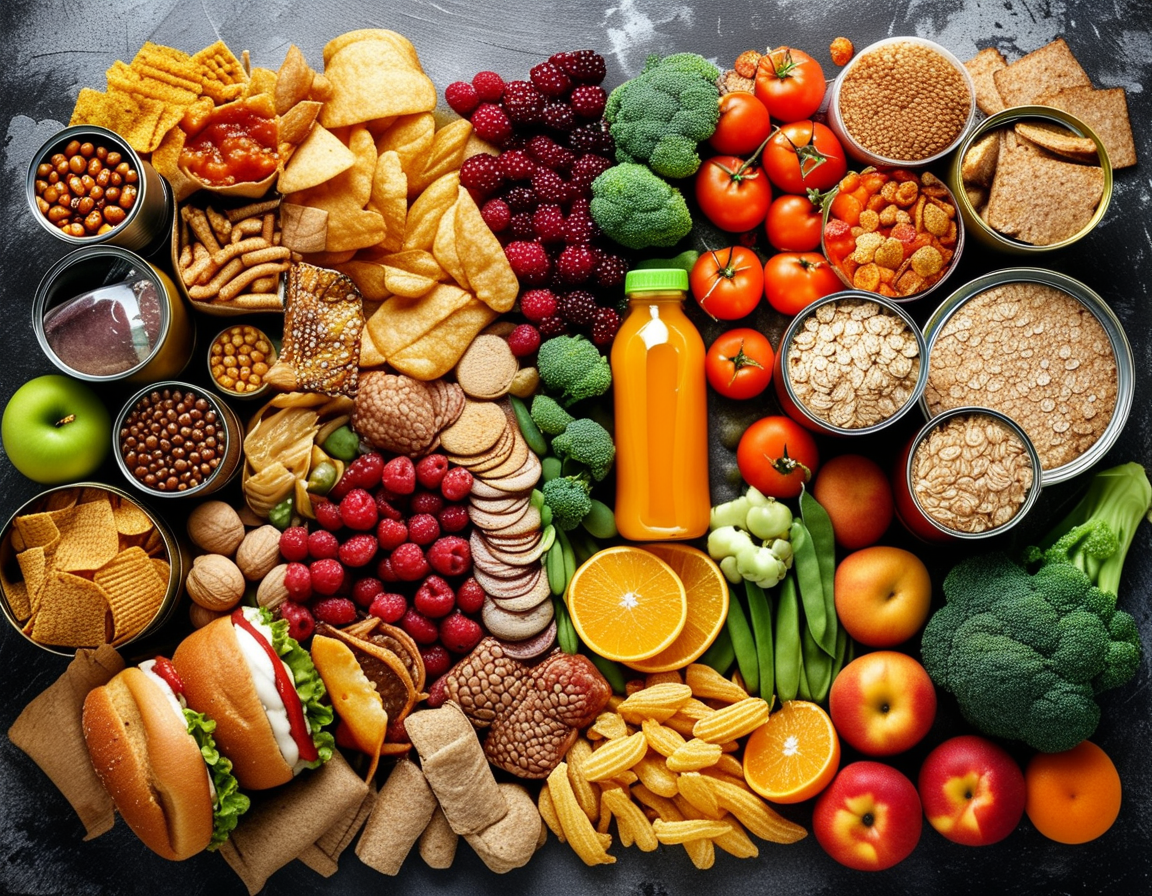
Instead, consider fresh alternatives. Herbs like garlic or ginger can add zest without the health risks. Embracing fresh foods aids in maintaining a balanced diet.
Sugar and Processed Foods – Weaken Blood Vessels
Refined sugar doesn’t just add sweetness; it damages our veins, too. Sugary treats enhance inflammation, contributing to reduced elasticity in blood vessels. Think of the cookies and candy you might reach for.
Soda and sugary drinks are the biggest culprits of high sugar intake. They disrupt circulation, creating long-term issues. Instead of sweets, why not choose fresh fruits? Their natural sweetness is a healthier option.
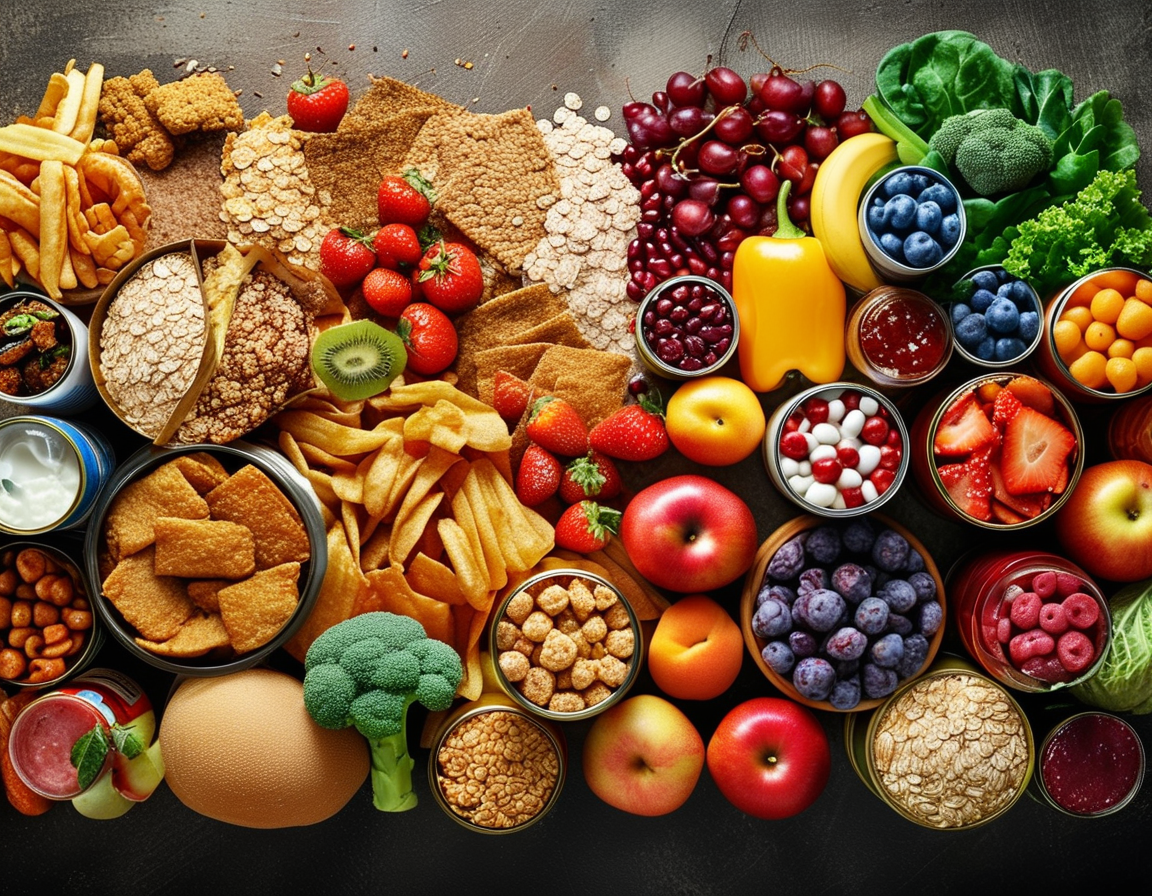
Smoothies can replace packaged juices with ease. Not only are they tasty, but they also provide vital nutrients without the added sugars.
Saturated and Trans Fats – Cause Blood Vessel Stiffness
Saturated fats can impede blood flow. Rich foods like fatty meats and deep-fried items can increase bad cholesterol levels. This stiffness can lead to various health issues, including heart trouble.
Fast food is usually the go-to for convenience. But those burgers and fries come with hidden dangers for your veins. Margarine, too, can be deceivingly harmful.
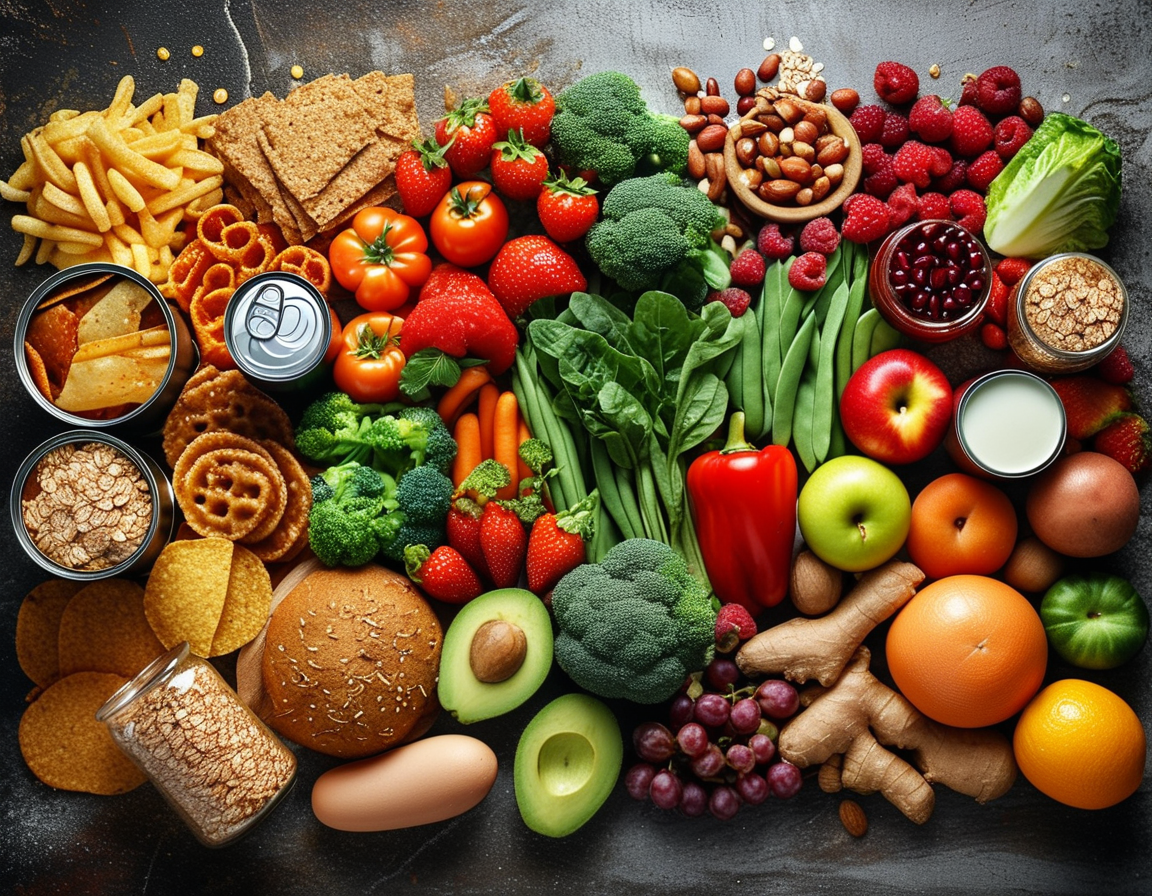
Instead, turning to healthier fats is key. Olive oil or avocado can enhance meals without the risks associated with saturated fats. Superfoods like salmon and chia seeds also promote vascular health.
Alcohol, Beer, and Caffeine – Dehydrate and Over-Dilate Veins
Liquid refreshments can mislead us when it comes to vein health. Alcohol leads to excessive vein dilation, causing pooling of blood in the legs. This pooling can lead to discomfort and stasis in circulation.
Caffeine, while energizing, can dehydrate you. This dehydration reduces the efficiency of blood circulation.
Herbal teas might be the answer we’re looking for. Green tea or ginger tea offers refreshment without harmful effects. Fresh vegetable juices can also support your body’s needs better than sugary drinks.
Low-Fiber Foods – Cause Constipation and Increase Vein Pressure
A lack of fiber in your diet can increase pressure on veins. Constipation often leads to excessive straining, which impacts your leg veins negatively. Processed meals like white bread may seem easy but come with hidden challenges.
Replacing low-fiber foods with whole grains can make a difference. Brown rice, oats, and whole-wheat bread are not only satisfying but beneficial.
Fiber-rich fruits and vegetables can be your allies. They help maintain a healthy gut while supporting vein integrity.
Conclusion
Making informed food choices can prevent serious complications. Avoiding sodium, sugar, and processed foods enhances your vein health. A little change today can lead to healthier veins. Start eating right today for healthier, stronger legs!

